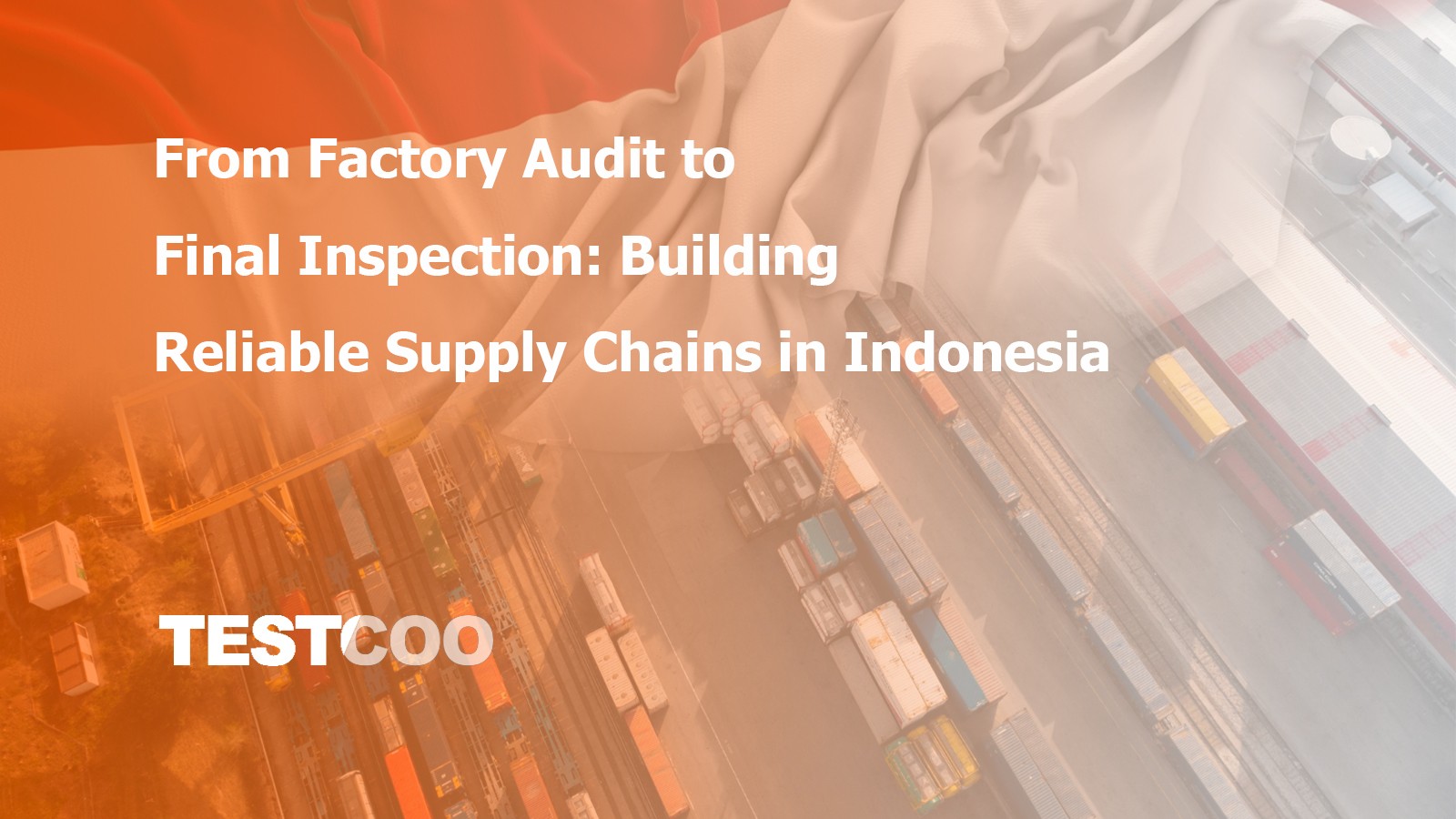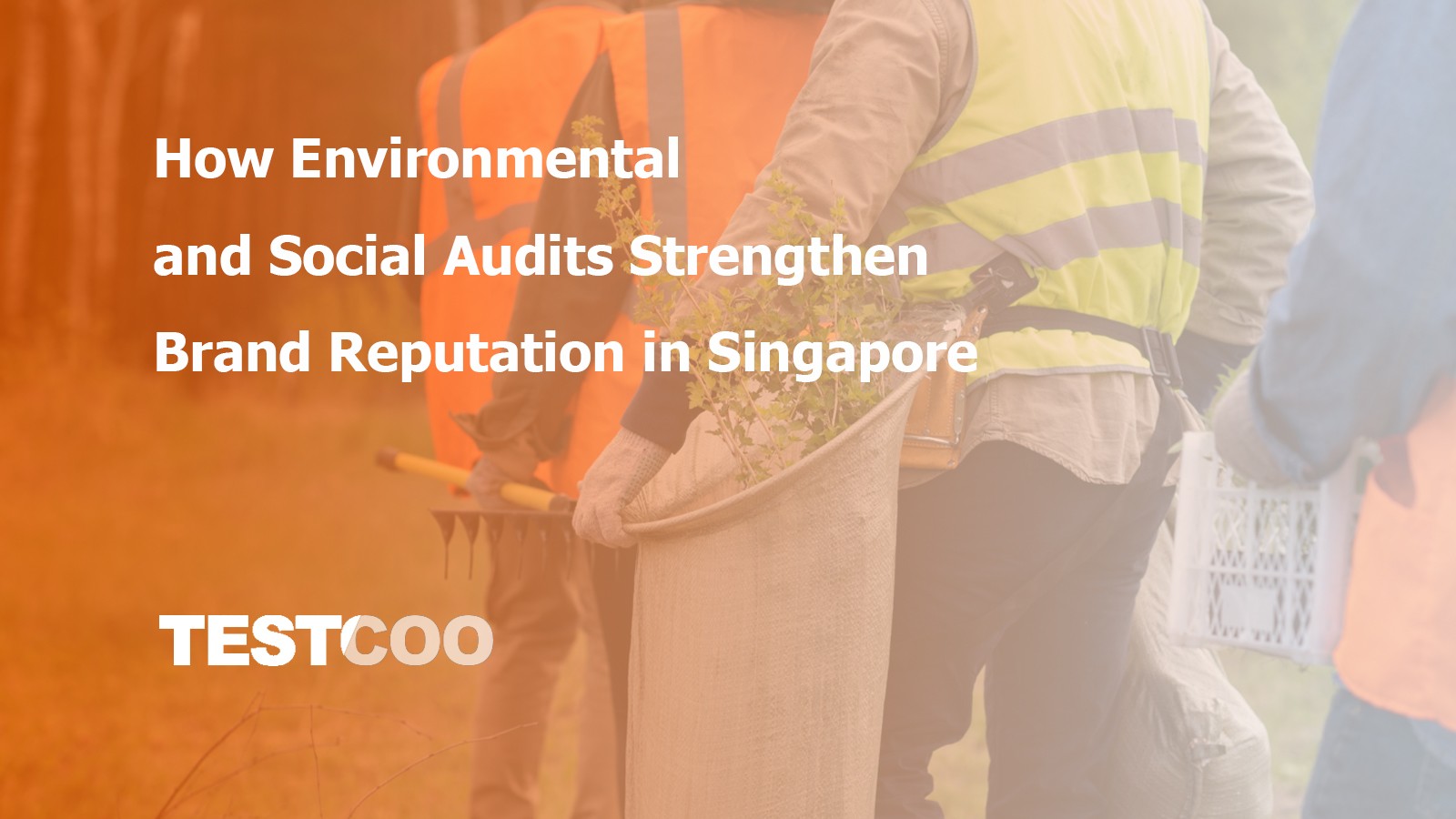BSCI Audit: Your Complete Guide to Responsible Supply Chain Compliance
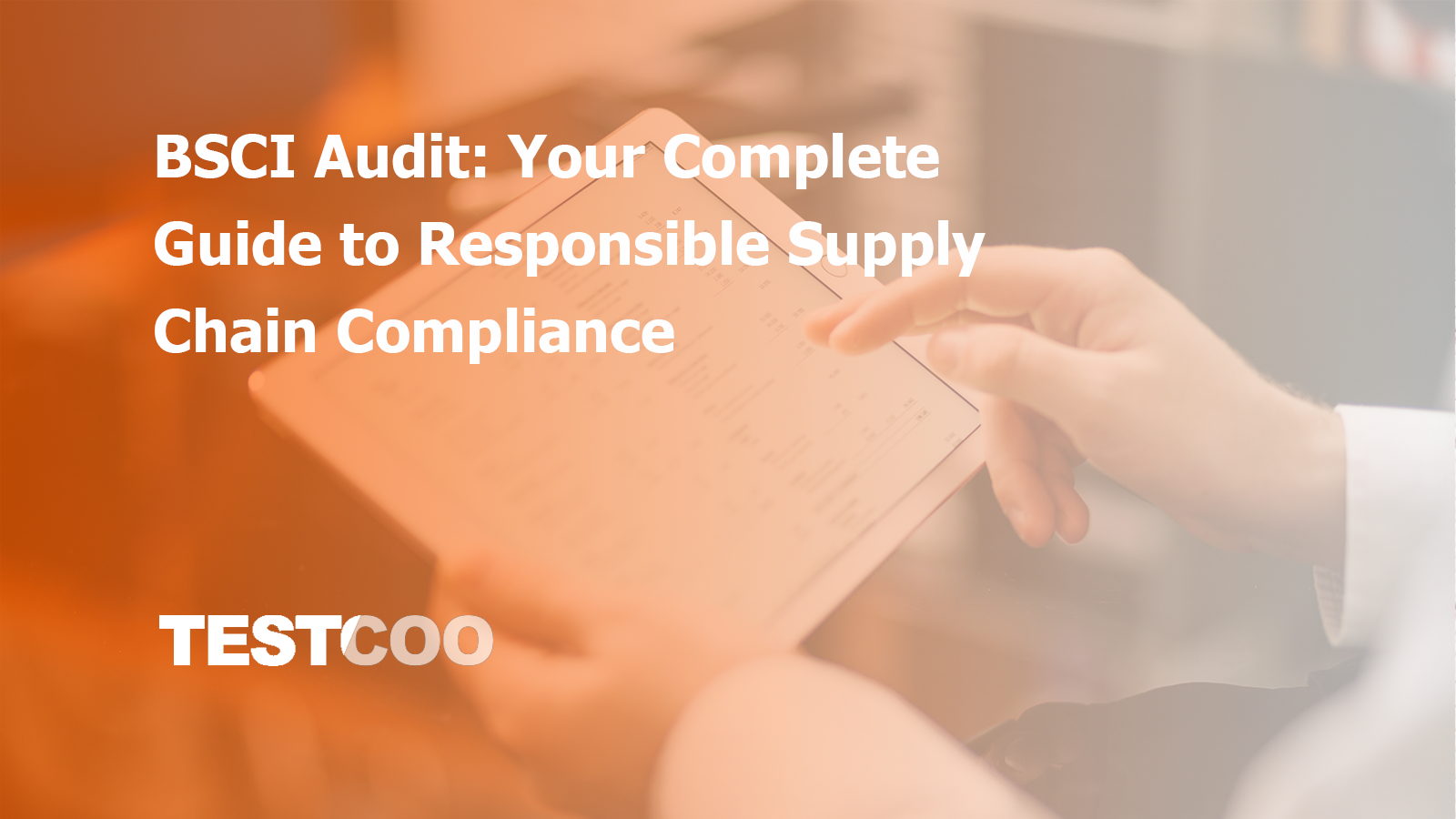
In today’s interconnected global market, a brand’s reputation is only as strong as its weakest supplier. Consumers, investors and regulators expect not only quality products but also ethical practices across the supply chain. This is where BSCI audits play a vital role providing businesses with a structured framework to ensure fair working conditions, protect workers’ rights and uphold responsible business conduct.
At Testcoo, we help brands and suppliers navigate the complexities of compliance audits like BSCI. This guide will walk you through everything you need to know about BSCI audits, from the principles and process to preparation tips and post-audit actions.
What is a BSCI Audit?
BSCI stands for Business Social Compliance Initiative, launched by amfori, a leading global trade association promoting open and sustainable trade.
The BSCI audit assesses a supplier’s performance against the amfori BSCI Code of Conduct, which is based on international labor standards, including conventions of the International Labour Organization (ILO), the UN Guiding Principles on Business and Human Rights and the OECD guidelines.
The audit is not a certification but a monitoring system. Its goal is to help companies improve working conditions in their supply chains through consistent assessment, feedback and corrective actions.
Why BSCI Audits Matter in Today’s Market
Ethical sourcing has shifted from being “nice to have” to a non-negotiable business requirement. Here’s why:
- Consumer Demand for Transparency
Modern consumers value brands that care about the people behind their products. A BSCI-compliant supplier signals trustworthiness. - Brand Reputation Protection
Labor rights violations at a supplier’s facility can quickly become global news, damaging brand equity. - Regulatory Compliance
Governments in Europe, North America and beyond are introducing stricter due diligence laws for supply chains. BSCI audits help businesses prepare. - Long-Term Supplier Relationships
Ethical compliance builds stronger, longer-lasting partnerships between brands and suppliers.
Read more: amfori BSCI Social Compliance Supplier Audit: An Efficient Method to Evaluate Your Supply Chain
The 11 Core Principles of the BSCI Code of Conduct
BSCI audits measure compliance against 11 core principles designed to promote responsible business conduct:
- The Rights of Freedom of Association and Collective Bargaining
Workers should be free to join or form unions and bargain collectively. - Fair Remuneration
Wages must meet legal standards and be sufficient to cover basic needs. - Occupational Health and Safety
A safe and healthy working environment must be maintained. - Special Protection for Young Workers
Young workers must be protected from harmful conditions. - No Bonded Labour
Workers must not be subject to forced, bonded or indentured labor. - Ethical Business Behaviour
Bribery, corruption and other unethical practices are strictly prohibited. - No Discrimination
Equal opportunities for all workers regardless of race, gender, religion or background. - Decent Working Hours
Working hours must comply with national laws and industry standards. - No Child Labour
Hiring children below the minimum legal age is prohibited. - No Precarious Employment
Workers should have secure contracts and predictable working conditions. - Protection of the Environment
Environmental responsibility must be part of the business’s operating principles.
Read more: Supply Chain Assessment: Why Should You Care About Social Compliance Policy?
How the BSCI Audit Process Works
While the specifics may vary depending on the auditor and facility, most BSCI audits follow this structured process:
Step 1: Pre-Audit Preparation
- Supplier receives notification from amfori or their buyer
- Internal review of compliance policies and procedures
- Gathering of documentation such as wage records, contracts and safety training logs
Step 2: On-Site Audit
A certified third-party auditor visits the facility to:
- Conduct document reviews (employment contracts, payroll, working hours, safety certificates)
- Inspect the premises for safety, hygiene and environmental compliance
- Interview workers confidentially to verify working conditions
- Check for non-conformities against the BSCI Code of Conduct
Step 3: Audit Grading
After the visit, the auditor assigns a grade from A (outstanding) to E (critical non-compliance).
Step 4: Corrective Action Plan (CAP)
Suppliers with non-conformities must address them within a set timeframe.
Understanding BSCI Audit Grading
The Business Social Compliance Initiative (BSCI) audit is a globally recognized assessment that helps brands and manufacturers ensure ethical practices across their supply chains. One of the most crucial aspects of a BSCI audit is its grading system, which reflects how well a facility complies with the BSCI Code of Conduct. These grades range from “A” (outstanding compliance) to “E” (critical non-compliance) and directly influence a supplier’s reputation, buyer relationships and eligibility for future orders. Understanding BSCI audit grading not only helps businesses address gaps but also drives continuous improvement toward responsible sourcing and sustainable supply chain management. BSCI uses a grading system to help businesses quickly understand the compliance level of a supplier:
- Grade A – Outstanding performance with minimal non-conformities
- Grade B – Good performance, minor improvements needed
- Grade C – Acceptable, but several improvements required
- Grade D – Poor performance, significant corrective actions required
- Grade E – Critical non-compliance, immediate action needed
Grades D and E often trigger follow-up audits and may risk the supplier’s relationship with their buyers.
Common Non-Conformities in BSCI Audits
BSCI (Business Social Compliance Initiative) audits are designed to assess a factory’s adherence to ethical, social and labor standards. However, many suppliers face recurring issues that can impact their audit performance and business relationships. Over years of auditing, some recurring issues are found across industries:
- Excessive overtime without proper compensation
- Missing or incomplete employment contracts
- Lack of adequate fire safety equipment and training
- Workers not receiving statutory benefits
- Insufficient environmental protection measures
Identifying these gaps is the first step toward achieving compliance and building trust with global buyers. Addressing these proactively can significantly improve audit results. By understanding the most frequent pitfalls, factories can implement targeted improvements, avoid costly re-audits and strengthen their reputation in the competitive supply chain landscape. Prevention is always better than correction.
Preparing for a BSCI Audit: Best Practices
Successfully passing the BSCI audit not only ensures compliance with global buyer requirements but also strengthens your brand’s reputation as a responsible business partner. Preparation is key—gaps in documentation, unclear processes or poor worker communication can result in non-compliances. By understanding the audit criteria, training staff, organizing accurate records and fostering a culture of transparency, companies can navigate the process confidently while demonstrating their commitment to ethical and sustainable business practices. At Testcoo, we advise suppliers to:
- Conduct Internal Self-Assessments
Use the BSCI Code of Conduct as a checklist. - Train Management and Workers
Ensure everyone understands labor rights and company policies. - Organize Documentation
Keep payroll records, contracts and safety inspection reports updated. - Improve Workplace Safety
Regularly maintain equipment, fire exits and protective gear. - Engage in Pre-Audit Services
A pre-assessment audit can identify gaps before the official audit.
The Role of Third-Party Audit Companies in BSCI Compliance
Third-party audit companies play a vital role in helping businesses achieve and maintain BSCI (Business Social Compliance Initiative) standards. Acting as impartial evaluators, they conduct in-depth on-site assessments to verify compliance with ethical, social and labor requirements across global supply chains. These audits not only identify gaps in workplace practices but also provide actionable recommendations for improvement, ensuring brands meet their corporate social responsibility goals. By leveraging their expertise, third-party auditors enhance transparency, build trust with stakeholders and help companies align with international labor laws—ultimately protecting brand reputation and promoting fair working conditions worldwide. Independent audit companies like Testcoo bring credibility and expertise to the compliance process:
- Provide unbiased evaluations aligned with amfori requirements
- Offer pre-audit assessments to identify and close gaps
- Support suppliers in corrective action planning
- Help brands select and monitor suppliers with reliable data
BSCI vs. Other Social Compliance Standards
The Business Social Compliance Initiative (BSCI) is one of the most recognized frameworks for improving working conditions in global supply chains. While BSCI sets clear principles aligned with international labor standards, it’s not the only approach companies use to ensure ethical compliance. Other widely adopted standards such as SMETA, SA8000 and WRAP offer their own methodologies, scopes and audit procedures. Understanding the differences between BSCI and these alternatives helps brands, suppliers and buyers choose the most suitable standard for their operations, ensuring both compliance and credibility in increasingly sustainability-driven markets. While BSCI is widely adopted, it’s often compared with other frameworks:
- SMETA (Sedex Members Ethical Trade Audit) – Similar focus on labor rights, but broader flexibility in audit scope.
- SA8000 – A certifiable standard, more prescriptive than BSCI.
- WRAP (Worldwide Responsible Accredited Production) – Primarily focused on apparel manufacturing.
BSCI stands out for its continuous improvement model, which encourages suppliers to progress over time.
Read more: Selecting the right social compliance standard:Amfori: BSCI, SA8000, SEDEX SMETA, RBA, WRAP
Post-Audit: Building a Culture of Continuous Improvement
A SMETA audit is more than just a compliance checkpoint, it’s a valuable opportunity to strengthen your business. Passing the audit is important, but the real impact lies in what comes next: using the findings to drive ongoing improvement. Post-audit actions help identify root causes, close gaps and reinforce best practices across your operations. By embracing a culture of continuous improvement, businesses not only maintain ethical and social compliance but also enhance efficiency, reduce risks and build stronger stakeholder trust. The audit report becomes a roadmap, guiding sustainable changes that keep your supply chain responsible, resilient and future-ready. A BSCI audit is not a one-time event, it’s part of an ongoing compliance journey. After the audit:
- Review the Corrective Action Plan (CAP) in detail
- Implement improvements promptly
- Train teams regularly to maintain compliance
- Monitor changes through internal audits and periodic reviews
BSCI as a Strategic Advantage
Adopting the Business Social Compliance Initiative (BSCI) isn’t just about meeting compliance requirements, it’s about creating a competitive edge in today’s global market. BSCI provides a structured framework to ensure ethical sourcing and fair labor practices. Brands that invest in BSCI compliance aren’t just ticking a regulatory box, they’re strengthening their market position:
- Gain buyer trust in competitive sourcing markets
- Reduce risk of supply chain disruptions
- Demonstrate leadership in corporate social responsibility (CSR)
At Testcoo, we’ve seen clients use strong BSCI audit results as a selling point in negotiations with international buyers.
Strengthen your Social Compliance Strategy with Testcoo
Global supply chains are under more scrutiny than ever. Labor conditions, fair pay and ethical conduct are no longer hidden behind factory walls, they are visible to consumers, regulators and stakeholders. A BSCI audit is not just a compliance requirement, it’s a roadmap for building ethical, resilient and competitive supply chains.
Whether you’re a brand sourcing internationally or a factory seeking to meet buyer requirements, Testcoo can help you navigate every stage of the BSCI journey from pre-audit preparation to post-audit continuous improvement.
Ready to strengthen your social compliance strategy?
Talk to our team today to learn how our audit solutions can help you meet and exceed amfori BSCI standards.
Contact us
Free Sample Report Performance Quality Control
Download a sample report to keep control of your supply chain!
Featured Articles
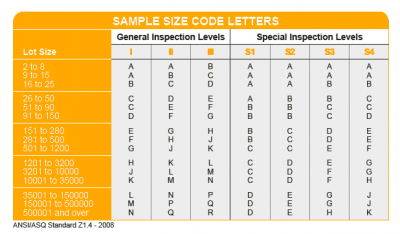 AQL Table | How to Read It
AQL Table | How to Read It TOP 10 Common Defects in Garments Quality Inspection
TOP 10 Common Defects in Garments Quality Inspection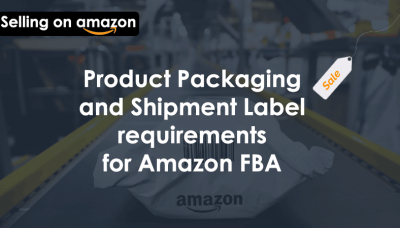 Product Packaging and Shipment Label requirements for Amazon FBA
Product Packaging and Shipment Label requirements for Amazon FBA What Is ASTM-F2413-18? Protective Footwear Standard
What Is ASTM-F2413-18? Protective Footwear Standard How to Conduct Third-Party Quality Control Inspections for Electric Scooters
How to Conduct Third-Party Quality Control Inspections for Electric Scooters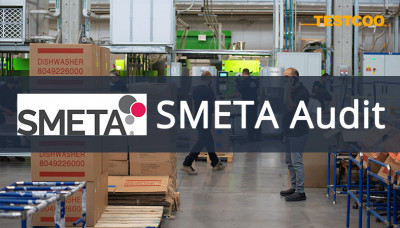 SMETA Audit-What is SMETA Audit?
SMETA Audit-What is SMETA Audit?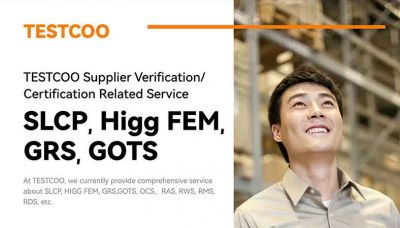 TESTCOO Supplier Verification/Certification Service SLCP, Higg FEM, GRS, GOTS
TESTCOO Supplier Verification/Certification Service SLCP, Higg FEM, GRS, GOTS Quality Control Inspection Company in China
Quality Control Inspection Company in China What is Quality Inspection? A Complete Guide
What is Quality Inspection? A Complete Guide Guidelines for Product Inspection in India
Guidelines for Product Inspection in India
Category
- Production Inspection Service
- Factory Audit
- Softline Inspection
- Hardline Inspection
- Electrics Inspection
- Certification
- Checklist
- Manufacturers
- Quality Assurance Basics
- Products Recall
- AQL
- Guidence and Standard
- News
- Supplier Management
- Amazon
- Protective Equipment
- e-commerce quality control
- Indian Manufacturing
- Soft Goods Quality Control
- Supply Chain Management
- Supply Chain Resilience
- E-Commerce Quality Control
- ISO 2859
- Supply Chain Optimization
- Garment Industry
- Higg Index


